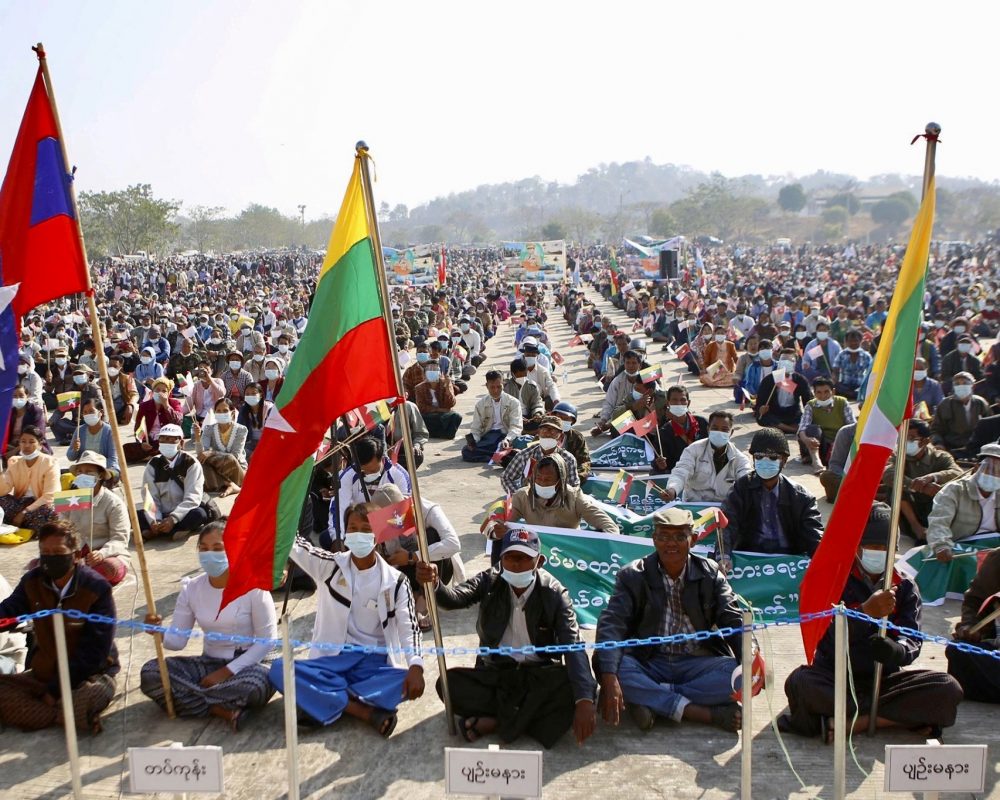UNITED NATIONS (AN) — The U.N. Security Council expressed "deep concern" but stopped short of condemning Myanmar's military coup on Thursday while calling for the immediate release of the nation's de facto civilian leader, Aung San Suu Kyi, and President Win Myint.
A statement by the 15-nation council, the world body's most powerful arm, refrained from using the word "coup," instead referring to the situation as "the declaration of the state of emergency imposed in Myanmar by the military." That reflected mainly the views of Myanmar's powerful neighbor, China, and Russia, two of the council's five veto-wielding permanent members.









